Eating “ugly” produce is only part of the battle when it comes to reducing waste in our lives. What we do with our vegetable peels, scraps, and trimmings is just as important. So it’s no surprise that all of us at Imperfect are huge fans of composting, as it is a meaningful and easy way to turn what would be waste into fertile soil that actually helps grow more food. Here are some of the most common questions about composting, answered.
- What is compost? Compost is an organic fertilizer made from food scraps!
- Why compost? Wasting less food means closing the loop on the entire life cycle of food in our lives. Landfills are filled with food, and food scraps account for about 20-30% of what we throw away. Not only is this a missed opportunity to use our scraps to grow more food, it’s also bad for the planet. When food decomposes in a landfill, it emits methane, a greenhouse gas far more powerful than CO2.
- What goes into compost? You can compost pretty much any of your food scraps, including produce past its prime, but also parts of the produce that you don’t eat like avocado pits, citrus peels, apple cores, etc. To decompose properly, you’ll need a balance of carbon-rich (brown) components and nitrogen-rich (green) components. Examples of brown components include newspaper, wood chips, dried leaves, and straw. Examples of green components include food scraps, coffee grounds, grass clippings, and other garden waste.
- What do I need to get started? If you’ve got a backyard, you have a lot of options! You can literally build a pile of your scraps (just be sure to water/rotate it periodically). If you want something less messy looking or more contained due to pest concerns, you can easily buy a composting bin or tumbler in a wide range of shapes and sizes.
- What can I do if I don’t have a backyard? If you’re living in an apartment complex or just don’t have space for a traditional compost pile, don’t despair! There are still options. If you want to get crafty, we love vermiculture, or worm composting bins. You can even make one yourself from plastic buckets! Some cities have a green bin that they’ll pick up from your house every week or private services that will do so. You can also see if there is a community garden in your area and ask if you can bring your scraps to their compost pile.
- Where can I learn more about composting? We love the National Resource Defense Council’s composting primer and this handy guide from the Environmental Protection Agency. We hope this encourages you to look in to composting in your community if you’re not already!
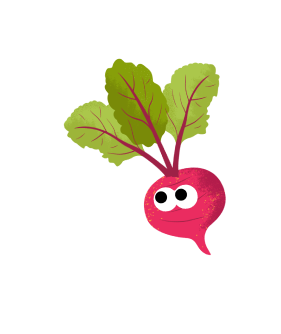
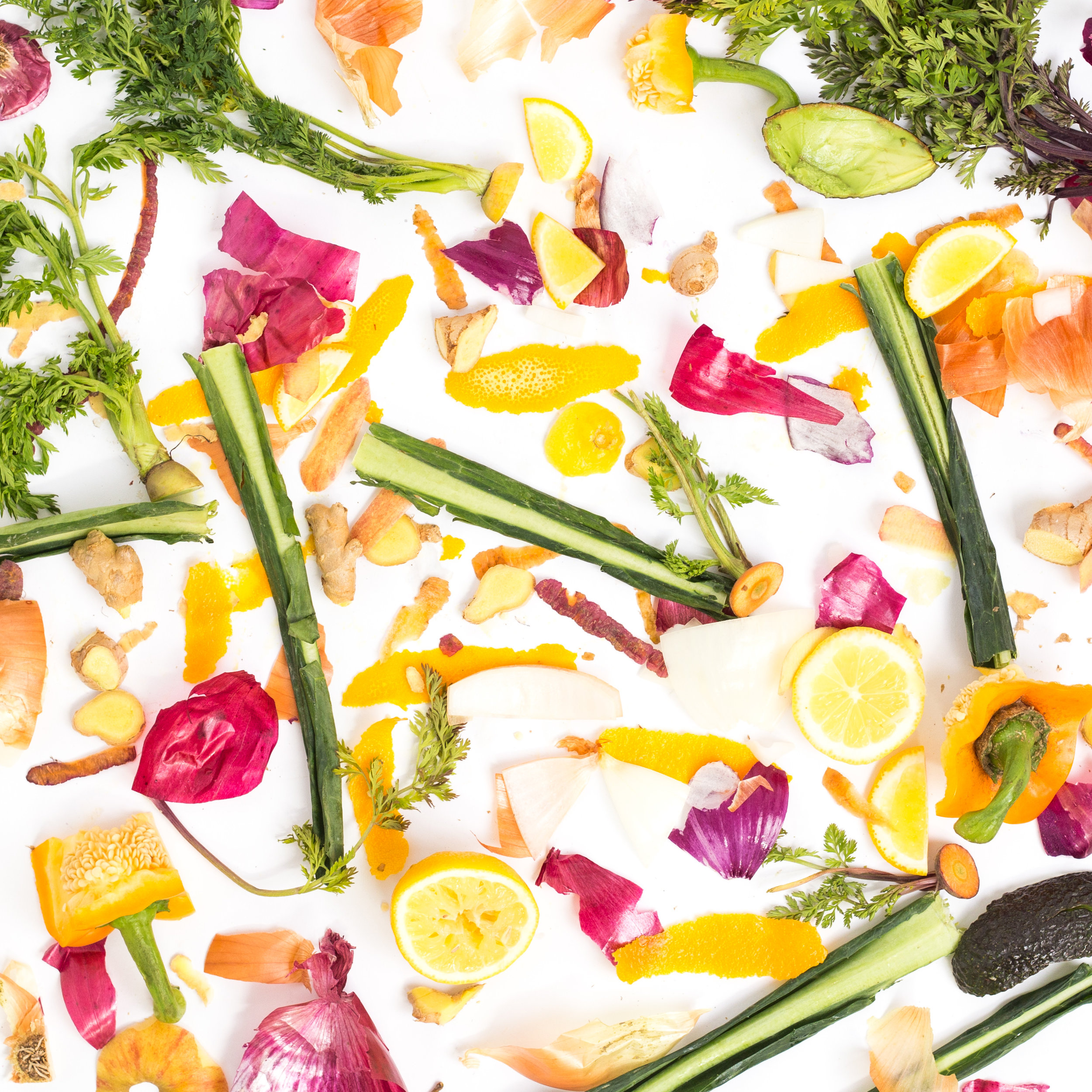


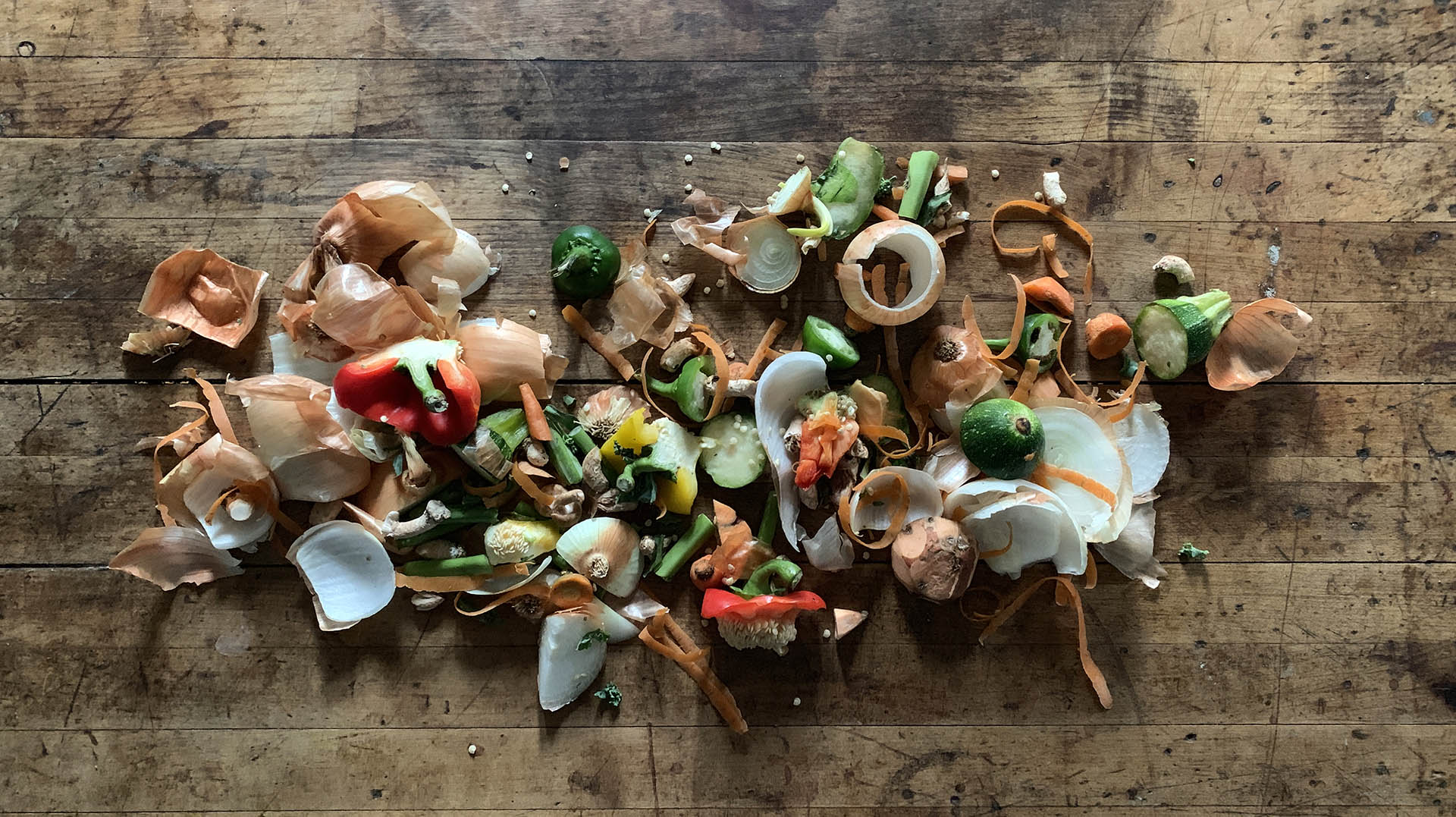
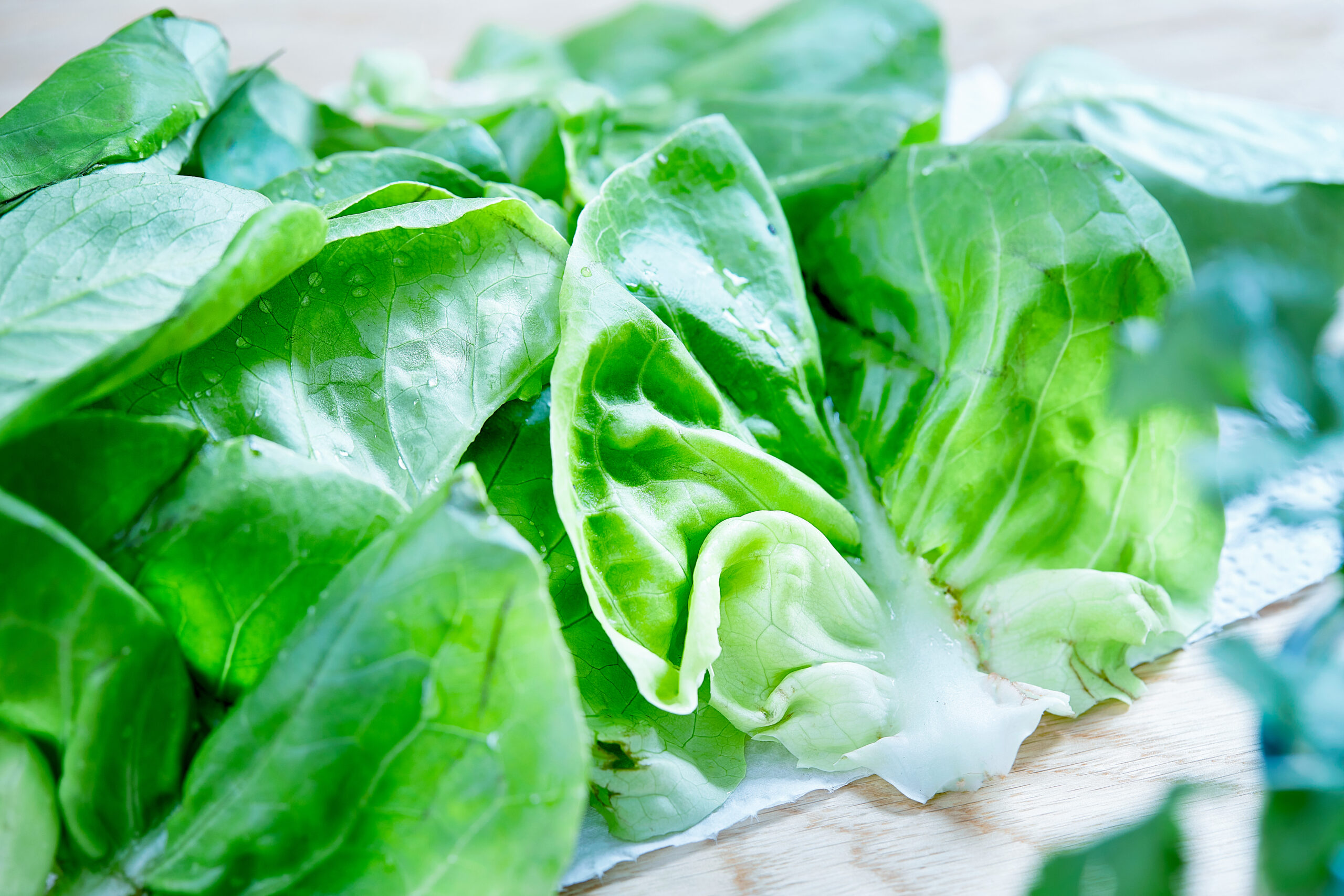
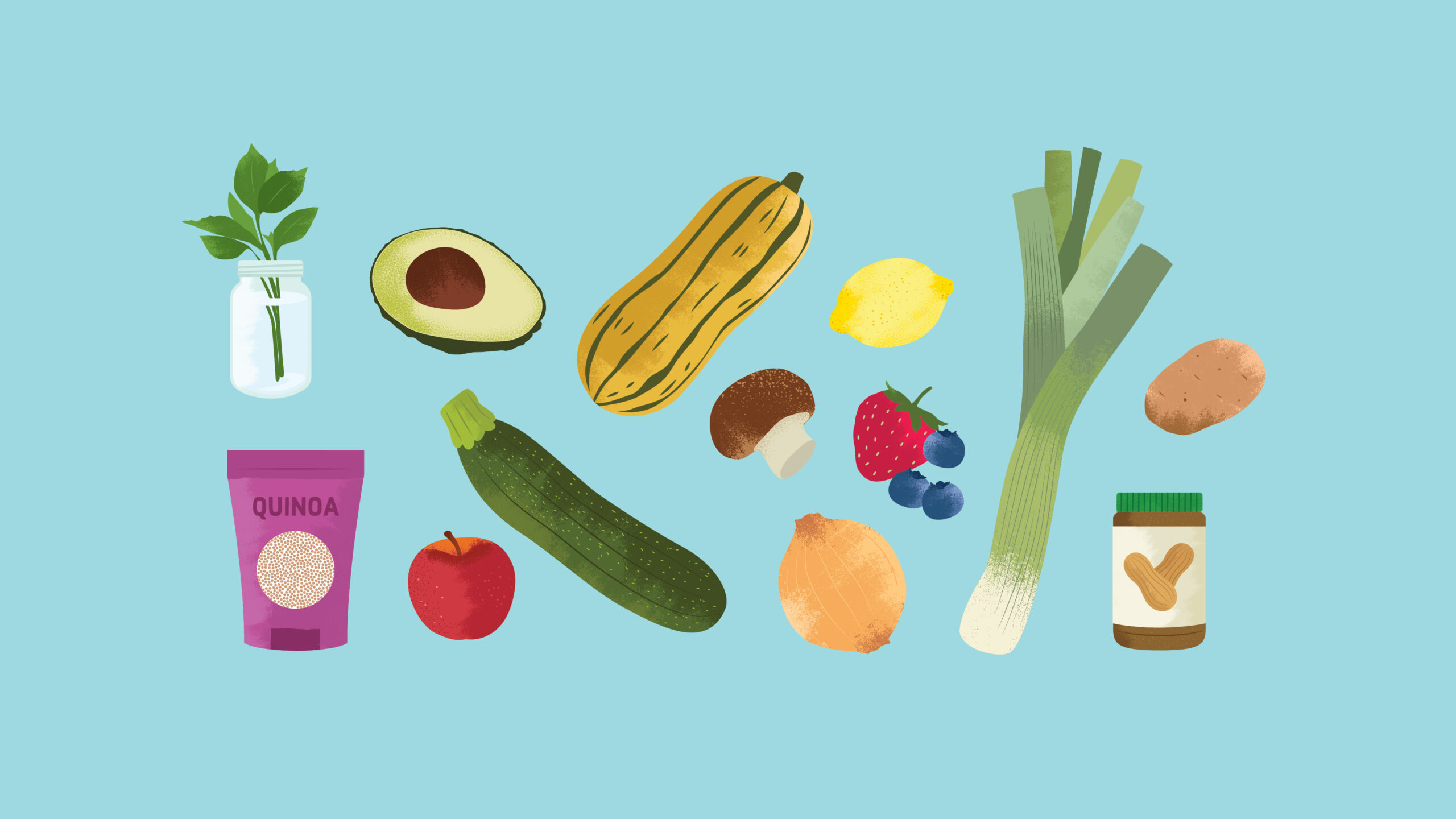

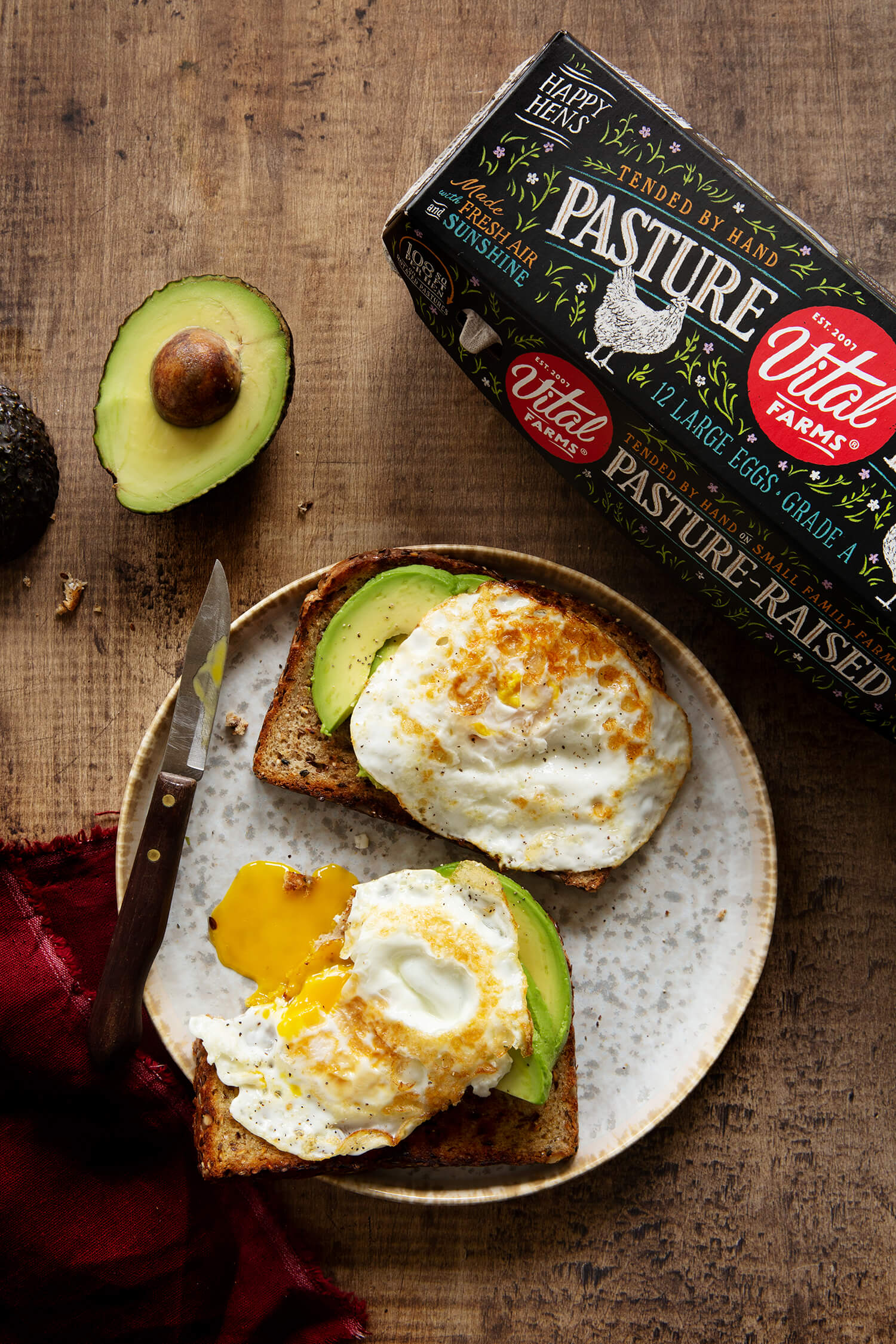

As an apartment-dweller with no desire to have worms in my home, I was lucky enough to find a service to compost for me!
Here in Chicago, Urban Canopy is one of the best (though I have friends who have found others). For a small fee, they provide a 5 gallon bucket that they pick up weekly or bi-weekly, replace with a new empty bucket, and take the non-edible goodies to the farm/compost site.
Self-composting is GREAT…but if you aren’t able to do that, be sure to look for alternatives that can be just as useful & amazing & wasteless!
I agree with the article. I’m frustrated that the subject of turning organic matter into alcohol or fuel isn’t in the conversation.
I have a tumbler and would like tips about using the compost. I am needing to empty it and wonder what to put it into and how long it should be kept to make it ready to use in the small garden that I have. I have a 4’ x 8’ garden box and am, also, using the area along the west and south fence in our small back yard.
I haven’t been using newspaper. How is that done? A shredder?
Should I wait until fall when crops are done for the season? And then mix it into the soil ….. then? Or in spring when ready to plant again?
We’d head over to Youtube to check out some easy beginner compost tutorials! They’ll have all the information you’d ever need for all things composting over there ????